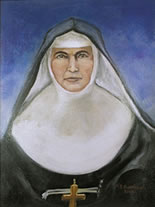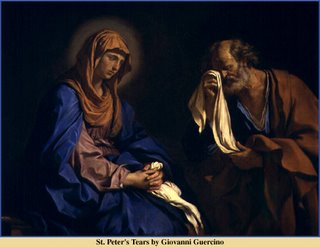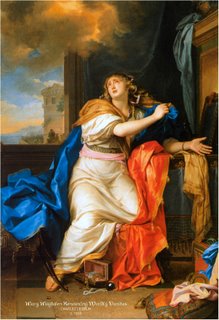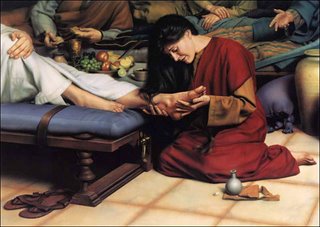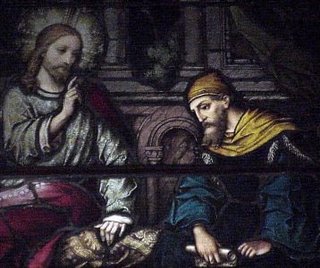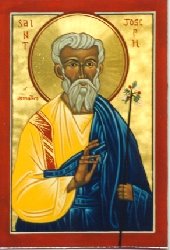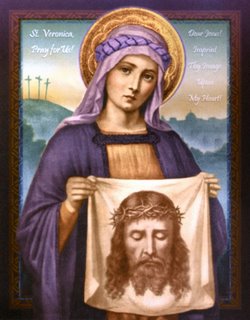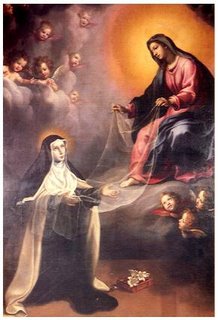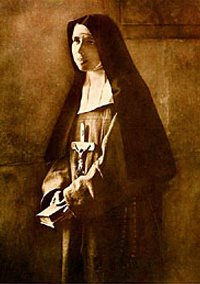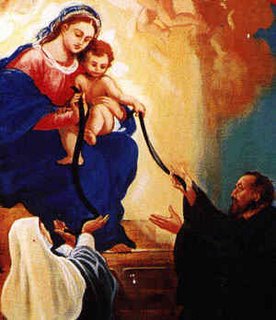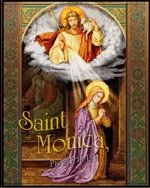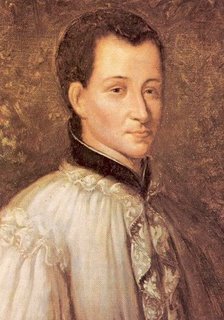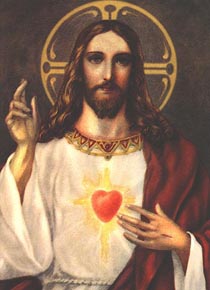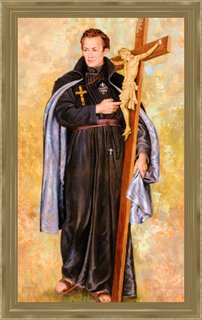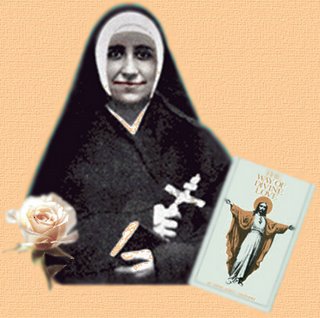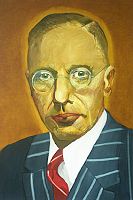
Like his friend Thomas More, John Fisher would also pay the ultimate price for his fidelity to the Roman Catholic Church at the hands of the vindictive and heretical King Henry the VIII.
Unlike Thomas More and John Fisher, King Henry VIII was ruled more by lustful passions than zealous principles! It comes as no surprise that this despotic ruler would murder two of the Churches finest men and all for whim, as he allowed his lust to have full reign, rather than his conscience!
John Fisher was born in the year 1460 to prosperous parents who wanted the best for their very bright and intelligent son, they sent their son to the university of Cambridge where he earned his degree in theology in the year 1487. He then spent a few years as Vicar of Northallerton before moving on to become Proctor of his university he earned a D.D in theology in the year 1501, thus making him one of the most learned theologians of his time.
He was a man of many gifts and of a resolute nature this was acknowledged at his university where was not only Proctor but also vice-chancellor before becoming chancellor for life a great honour indeed. During these busy years he met Lady Margaret Beaufort he would eventually become her Confessor and friend. It was with the encouragement of John Fisher that Lady Margaret donated considerable sums of money to the university. Upon her death in 1509 Lady Margaret Beaufort bequeathed to John Fisher some land in which she wished to build a college which would become known as St. Johns College.
Life went along fairly smoothly for John Fisher as he was given more responsibility within his area of skill, he was known for his quiet manner, deep devotion to the Church and his love of learning which he wished to share with all those he came into contact with. He had learned the skill of diplomacy and his personal integrity was never in question, though he was a learned man, he also had a deep love and concern for the poor.
In 1504 John was made Bishop of Rochester a position he maintained for thirty years. He proved to be a good Bishop and kept in touch with all people from all walks of life. He was very much a hands on Bishop who had the wellbeing of his parish at the forefront of his mind, and to instruct future Priests into the Faith with as much devotion as he had within himself.
It was around the time that Martin Luther who challenged the very fabric of the Church, that John Fisher would become close friends with Thomas More as they both sought to denounce Luther's heretical position. In conjunction with Thomas More, John Fisher wrote his apologetic in reference to the Luther heresy in his work 'Confutatio'. The difference with John Fishers work is that while he denounced the error of Luther he did not resort to personal insults or attacks but rather wrote the Truth to expose the Luther error while maintaining the Christian virtue of prudence over bluster.
While both Thomas More and John Fisher worked on refuting Luther's challenge, they also worked alongside the King which would prove to be their undoing. While both Thomas and John were moral men of high principles, King Henry the VIII was not as they would soon find out.
So it was in the year 1527 that King Henry VIII decided to annul the marriage of his first wife Catherine of Aragon, a deeply devout woman of the Church. The King knowing of John's deep virtue and great knowledge sent Cardinal Wosley to seek out the opinion of John Fisher concerning the Kings right to divorce his first wife. John Fisher gave this request much thought and after investigating the issue he sided with Rome on the issue of divorce, this displeased King Henry the VIII greatly!
John Fisher was a man of remarkable character who would not be swayed from his love of the Church and so remained an obedient son of the Church till the end, for John never reversed his first assessment of the Kings position, the King was wrong and Rome was right! Just as in the case of his good friend Thomas More, John must have realised his days were numbered for no-one crossed this out of control King without punishment. Being a resolute and unswerving man of high principles John courageously spoke out in favour of Queen Catherine and that the Kings marriage remained intact in the eyes of the Church despite King Henry's wanton disregard towards the Church's Teaching.
Things came to a head when upon marrying Anne Boleyn, the King insisted that an oath be taken that recognised that only the children of the King and Queen Anne be recognised as legitimate this was anathema to both John and Thomas More, both refused to make the oath. This action enraged the King and infuriated the headstrong young Queen, and both men found themselves arrested and taken to the Tower, a fearful place to be.
It was also discovered that John Fisher was seriously ill but the King showed no compassion and was further enraged when the Catholic Church pronounced that John would henceforth be known as Cardinal of the title of St. Vitalis. This was too much for the King and he urged with full malice to try and implicate John Fisher in open heresy towards himself. The King used one of his confidants to seek out John Fisher and to request his private opinion on the King becoming the Head of the Church of England, John trusted this particular man and replied to the question 'that the King was not, nor could be, by the law of God, Supreme Head of the church of England.' This would seal Johns fate.
Though John Fisher had serious health problems which may have been terminal the Kings malice towards this honorable man knew no bounds and he ordered the execution of this most noble and Godly man of principle to be beheaded.
John Fisher died in the year 1535.
Saint John Fisher was canonized in the year 1935 by Pope Pius XI.
His Feast Day is shared alongside his noble friend Saint Thomas More who shared his fate.
Peace of Christ to ALL
Copyright © 2006 Marie Smith. All rights reserved.
Catholic
Religion
Roman Catholic
Catholic Church
Catholic Saints
